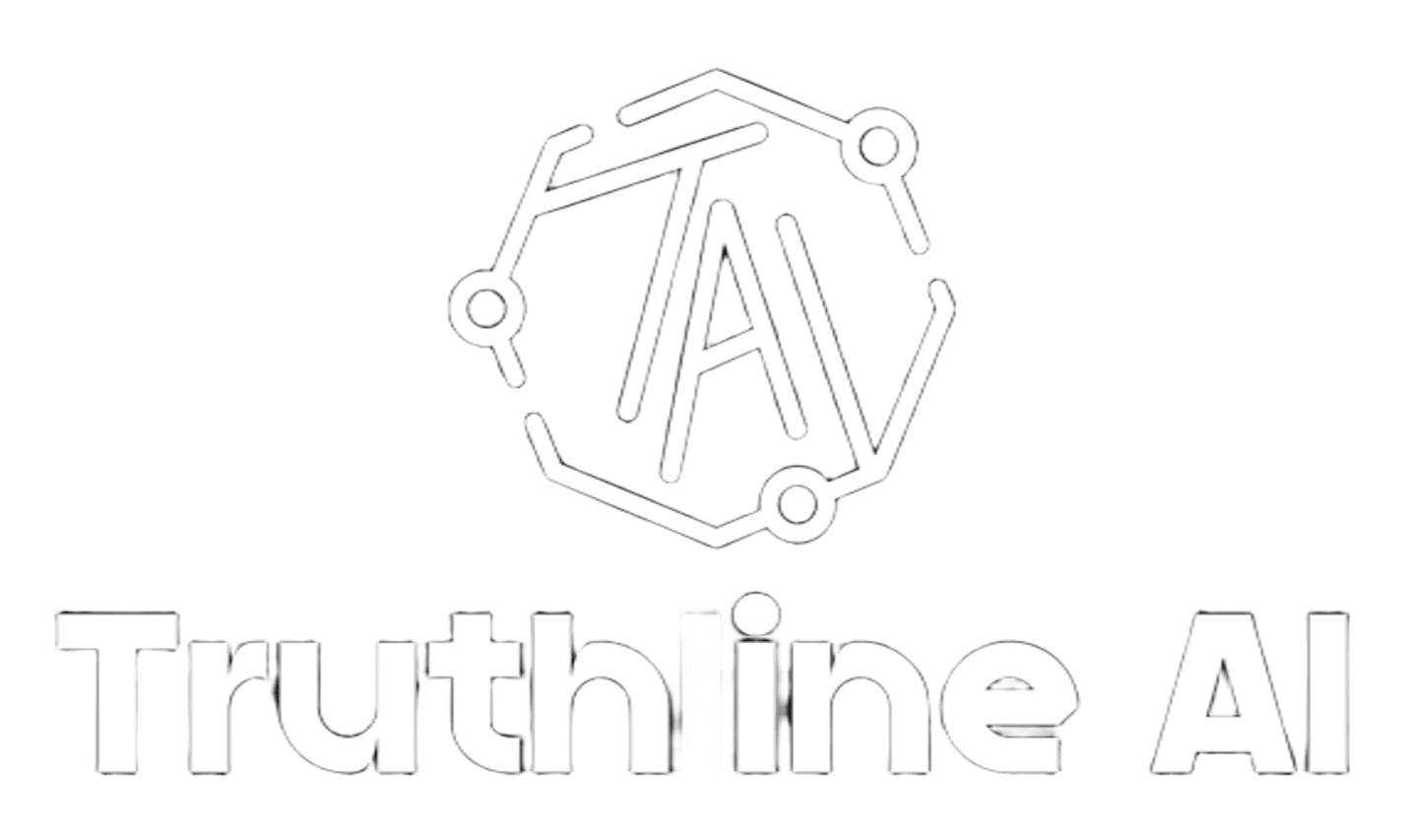Analysis of The Standard Newspaper — July 22, 2025
Tone
The tone of The Standard on July 22, 2025, is predominantly critical and investigative, with a strong undercurrent of public accountability. The paper adopts a confrontational stance toward the government, particularly in its coverage of dropped terrorism charges against Boniface Mwangi and the mishandling of high-profile cases. However, it balances this with a measured, fact-driven approach in reporting on social issues like breastfeeding rates and student unrest, avoiding outright sensationalism.
Track
The newspaper’s track remains consistent with its historical role as a watchdog, focusing on government misconduct, institutional failures, and social injustices. Stories like the misuse of anti-terror laws, KNH’s patient safety lapses, and Kenya’s failed UN housing project reflect a commitment to exposing systemic flaws. At the same time, it maintains a pulse on political shifts, economic mismanagement, and human interest angles, ensuring a broad yet critical news agenda.
Framing
The Standard frames its stories through a lens of accountability, often highlighting the consequences of government actions (or inaction) on ordinary citizens. For instance, the dropped charges against Mwangi are framed as selective justice, while the low breastfeeding rates are presented as a policy failure endangering children. The editorial framing consistently positions the newspaper as a defender of public interest, emphasizing transparency and reform.
Editorial Agenda
The editorial agenda prioritizes exposing government overreach, institutional corruption, and social inequities, as seen in the coverage of terrorism charges, KWS officers’ impunity, and SGR loan mismanagement. It also pushes for systemic reforms in education, healthcare, and governance, evident in reports on school unrest and Nakuru’s unpreparedness for Grade 10. The agenda aligns with a progressive, reformist stance, advocating for justice, accountability, and policy corrections.
Conclusion
Overall, The Standard on July 22, 2025, functions as a critical voice against state power, blending investigative rigor with advocacy for social justice. Its reporting underscores systemic failures while keeping public interest at the forefront, reinforcing its role as a key player in Kenya’s media landscape. The paper’s blend of hard-hitting exposés and policy-focused critiques suggests a deliberate effort to drive national discourse toward accountability and reform.
